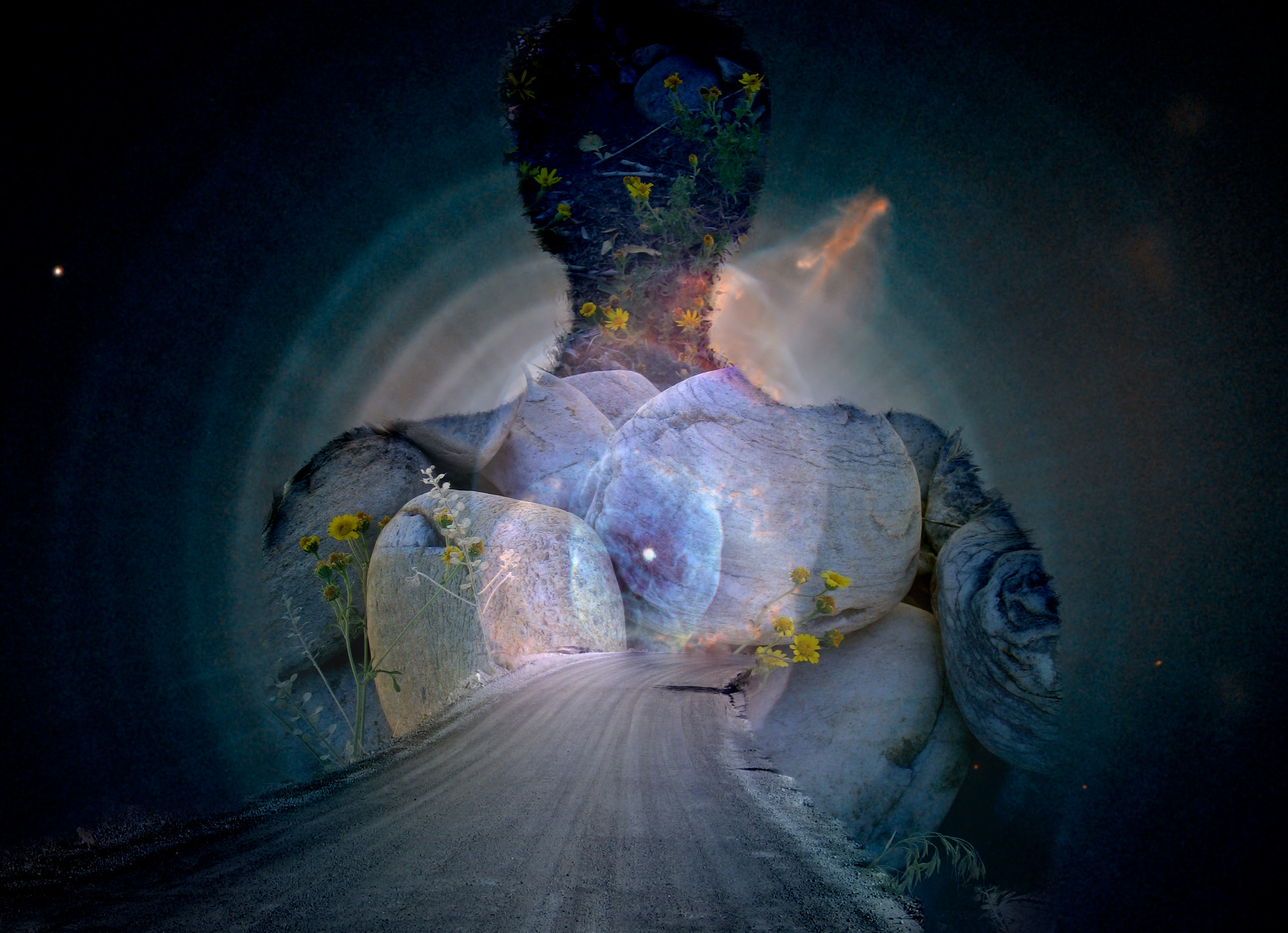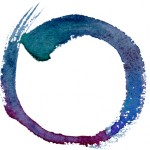
In this blog I write a lot about the spiritual life, which I see as having three components:
- coming to know yourself
- nurturing a relationship with the Reality beyond yourself
- bringing your way of being in the world into closer and closer alignment with what the first two reveal to you
In this post I’m going to share some of my thoughts on the first aspect: coming to know yourself.
Why Bother Knowing Yourself?
In my view, coming to know yourself is an essential aspect of the spiritual life because the more we know ourselves the more accurate our perceptions will be of everything else. Conversely, the less we know about ourselves, the more distorted our perceptions will be and the less able we will be to live into our fullest potential because we’ll be imprisoned by the scripts and identities that have been given us by others.
Although in this age of psychology and self-help programs we might be inclined to see self-knowledge as a Johnny-come-lately concern, knowing oneself has in fact been a focus of spiritual teachings for thousands of years.
The ancient Chinese text the Tao te Ching says: “Knowing others is intelligence; knowing yourself is true wisdom.” Self-knowledge takes us beyond mere information into that elusive thing called wisdom, wisdom that can never be attained, no matter how intelligent we may be, if we remain ignorant about ourselves.
Jesus was touching on a similar theme when he said, “Why do you see the speck in your neighbor’s eye, but do not notice the log in your own eye?” In other words, only by becoming aware of and dealing with our own shortcomings will we be able to see clearly enough to be helpful to others.
When we become aware of the “log” in our own eye we won’t make the mistake of going around trying to “fix” other people. Rather, we will relate to them with the compassion that comes from having faced our own struggles honestly, the compassion without which healing can never happen.
Knowing ourselves also opens the door to our freedom. When we are ignorant of the belief systems, assumptions and behavioral patterns that are operating within us (and that we often mistake for being us), we remain in captivity to them, unable to make wise decisions for ourselves, unable to overcome the self-limitations that may have been instilled in us, unable to recognize when we are being manipulated by those who may consciously or unconsciously seek to activate our fear and prejudice for their own purposes.
The more we come to know ourselves the more we will be able to invite healing and transformation into our lives, to embody compassion, to face our challenges as opportunities for growth, and to experience life as a meaningful adventure.
How Do You Come to Know Yourself?
So knowing yourself is helpful. Fine. But the obvious question is: How do we do it? How do we cultivate self-knowledge? There are probably as many ways as there are people, and in the end I think each of us has to discover and develop what works best for us. I’ll share with you some of the ways I do it.
I’m sure you can guess the first: meditation. Meditation helps me foster the ability to notice my thoughts and feelings without getting caught up in them, a crucial skill to have if I ever hope to live in the world as a free, non-reactive, peaceful presence.
Another practice I employ is working with my dreams. My dreams never fail to give me ample insights about myself, pointing out inner dynamics that are ready to be recognized and transformed.
A third practice I use is active imagination. This is a practice Carl Jung introduced, and it is a way to enter into intentional dialogue with the many aspects of myself. We each embody multiple facets, interests and desires, and they can sometimes engage in an inner tug-of-war that keeps us paralyzed and confused about our priorities and the life direction we want to take. Active imagination helps us listen to each of those aspects whose voices need to be heard and honored before they will join together as allies rather than adversaries.
Creative expression can also be a portal for self-knowledge. Nearly 20 years ago I happened upon a book which has since become well-known and which changed my life: The Artist’s Way by Julia Cameron. The reasons why it was the right book at the right time for me is a longer story that perhaps I’ll tell at another time. For now, suffice it to say that over these last two decades, as I’ve explored my creativity, I have discovered aspects of myself I would never otherwise have gotten to know.
Journaling is yet another practice which I do daily, and it grew out doing of The Artist’s Way. Through journaling I often uncover inner dynamics, priorities, assumptions and motivations that I was previously unaware of.
Another powerful way to cultivate self-knowledge is closely tied to meditation: non-judgmental witnessing. By non-judgmental witnessing I mean simply noticing the thoughts, feelings and reactions that are arising in me in any given moment and — this is key — witnessing them without judging them as good or bad. Coming to know yourself, in the end, can lead to personal transformation, but in my experience that transformation comes only through acceptance and love, not through self-condemnation or striving.
The Spiritual Life Is Life
I suspect many of us think of our spiritual life as the time that we set apart from our daily activities to focus on our spirituality, the time we spend sitting on the meditation cushion, or in the pew. But I see the spiritual life as a life that is centered in spiritual awareness, and the time on the cushion or in the pew is just the beginning. That is simply the time when we let ourselves be reminded of who we are, where we came from, and why we’re here. Unless we take that awareness into the rest of our lives, it serves little purpose.
Likewise, you can have spiritual teachers by the dozens, but unless you implement the teachings for yourself they won’t do a thing for you. You have to care deeply enough about your own freedom and growth that you’re willing to do what is necessary to water the seeds of your spiritual awareness, the way you would water the flowers in your flowerbed. Nobody can do it for you.
Knowing yourself, of course, is a major theme in Buddhism, and, as the Buddha taught, the more you come to know yourself the more you will realize there is no self. After peeling back the layers of constructed identity, eventually we discover all that’s left is Mystery — a Mystery we are part of.
Like what you read?
Click the circle
Collage by Patricia Pearce. All rights reserved.







